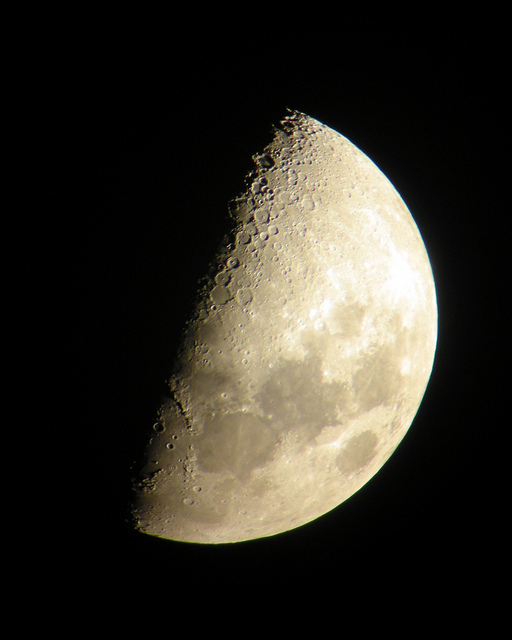
Post by Kyle St. Romain
In previous articles, we’ve discussed the three basic ingredients for a good night’s sleep: (1) a dark room; (2) a cold room; and (3) a luxurious bed. There are some other things you can do that will help you sleep more restfully, like: getting enough exercise, eating the right foods, and even wearing a pair of socks to bed, but a comfortable bed in a cold, dark room are the pillars of good sleep.
Unfortunately in today’s world, many people sleep in relatively light rooms. Some people even sleep with the television set on — something I do not understand. But even if you’re able to fall asleep in a lit room or actually prefer it, chances are you’re not getting the best night’s sleep you could. So today we’re going to discuss exactly why total darkness is a must-have for your mind and body to rest properly.
Darkness was probably something our ancestors took for granted (read: feared). With no electricity or artificial lights, early humans lived by the natural cycles of day and night — the key word being natural. With the advent of fire we started to become masters over our domain. Fast forward to present time and it’s all but impossible to find total darkness outside unless you’re camping somewhere remote. This is especially true for those of us who live in urban environments where almost every street is laden with artificial lights — lights that are considerably brighter than what we would otherwise be exposed to at night (the moon and stars).

In darkness, our brains are wired to produce melatonin, a hormone that helps lower blood pressure, glucose, and body temperature. The production of melatonin is one of the most important physiological responses that helps us sleep better. When melatonin production is suppressed, we start to go into sleep debt, which can cause fat gain, insulin resistance, and inflammation.
When we are exposed to light before going to sleep, however dim, our bodies’ natural rhythm gets thrown out of whack. Making matters worse is that many light bulbs, computer screens, and smartphones emit blue light, one of the most stimulating colors of light. Exposure to blue light from a computer screen is why it’s harder to fall asleep quickly after responding to those late night emails.
If you’re struggling with overexposure before bed, here are some helpful tips for eliminating light before sleep:
- Blackout curtains are an easy way to keep unwanted light from coming through your windows.
- Get rid of electronics in the bedroom. All those little power indicators can create quite a bit of light in an otherwise dark room. Clock radios, televisions, computer screens, and other gadgets are common sources of light in the bedroom. Even if these devices are not emitting light, their electrical currents can still disrupt your sleep pattern, so get them out of the bedroom.
- Color shift your computer screen. Working late is a fact of life for many of us, but if you have to be on the computer after sundown, you should at least try to minimize the damage. Having used the program f.lux for a number of years, it now hurts my eyes to look at a “regular” screen at night. This is something I cannot recommend enough.
So next time you’re having trouble going to sleep, think about how much light you were exposed to right before bed. You may find that a little less light is just what your body needs to get out of sleep debt.

